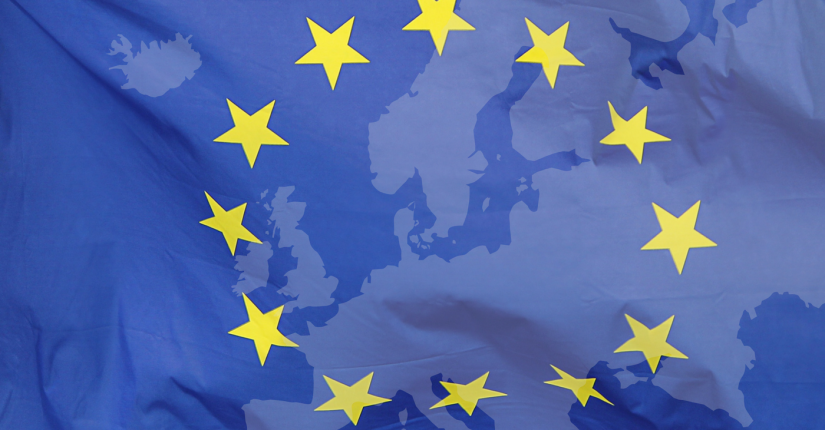- Brexit >
- Background
The United Kingdom (UK) left the European Union (EU) on 31 March 2020. The EU-UK Trade and Cooperation Agreement (TCA) came into effect when the Transition Period ended at 11pm on 31 December 2020 and trade between the EU (Including Ireland) and the UK has been on the basis of the TCA since then.
The EU-UK Trade and Cooperation Agreement, together with the Withdrawal Agreement, including the Protocol on Ireland/Northern Ireland, means that Ireland’s key objectives in the Brexit process have been achieved, in particular:
- Protection of the Good Friday Agreement and the gains of the peace process, including avoiding a hard border on the island of Ireland;
- Ensuring the best possible outcome for trade and the economy, notably tariff and quota free trade with the UK and protection of Ireland’s place in the Single Market;
- Maintenance of the Common Travel Area;
- Our continued commitment to our place at the heart of Europe and a context that enables the bilateral relationship between Ireland and the UK to develop positively into the future.
The EU-UK Trade and Cooperation Agreement specifically:
- provides for tariff and quota free goods trade.
- protects the EU Single Market that is so important for our future prosperity and ensures fair competition for Irish businesses.
- does not replicate the status quo ante. The UK’s leaving the EU means that the EU-UK relationship cannot be as close as it was when they were members of the EU.
- The seamless trade existed up to 31 December 2020 has ended.
The full text of the Agreement, along with supporting documents, can be found here.
The UK no longer applies the rules of the EU’s Single Market and Customs Union. This means that any business that moves goods from, to or through the UK, excluding Northern Ireland, are now subject to a range of customs formalities, SPS checks and other regulatory requirements that did not previously apply to such trade.
The Protocol on Ireland/Northern Ireland has come into effect, which means that many of the impacts of Brexit do not apply to trade with Northern Ireland (see Trading with Northern Ireland below). The text of the Protocol can be found here.
Brexit has meant changes in the application of regulation or standards when placing goods on the EU market. These include:
- UK certification bodies cannot be used to certify products for the EU market.
- UKAS accredited test certificates are not recognised where 'accreditation' within the meaning of Regulation No 765/2008 applies.
- Authorised representatives cannot be based in GB.
But some things have not changed. EU law still applies to all products placed on the EU market, including those from the UK. The rules that apply are those where the product is placed on the market, not where it is manufactured.
This includes:
- CE marking if required by EU product legislation,
- Certification by an EU notified body if required by EU product legislation,
- Having a valid and up to date EU Declaration of Conformity.
There is more information in Product certification & standards below.
There is information on the full impact of Brexit and what you can do to mitigate them, including the supports available to business, on the Irish Government website.
